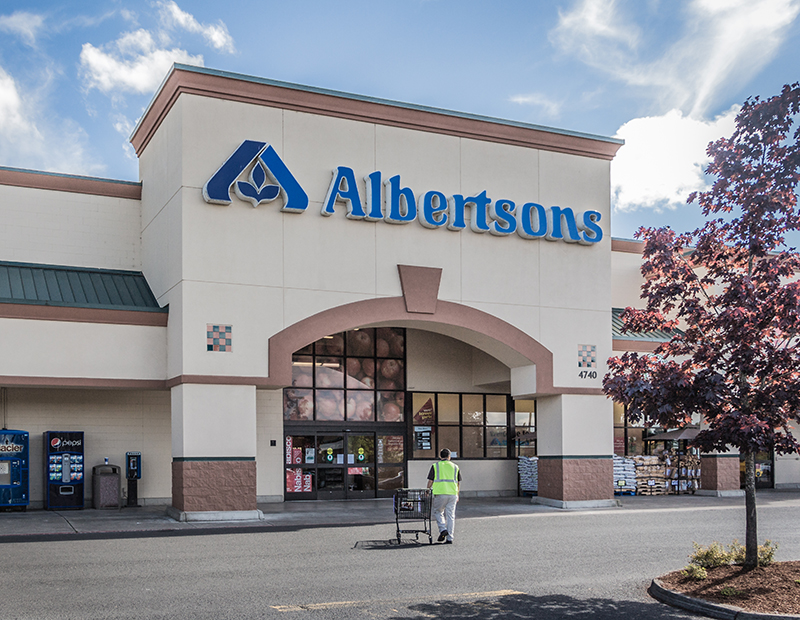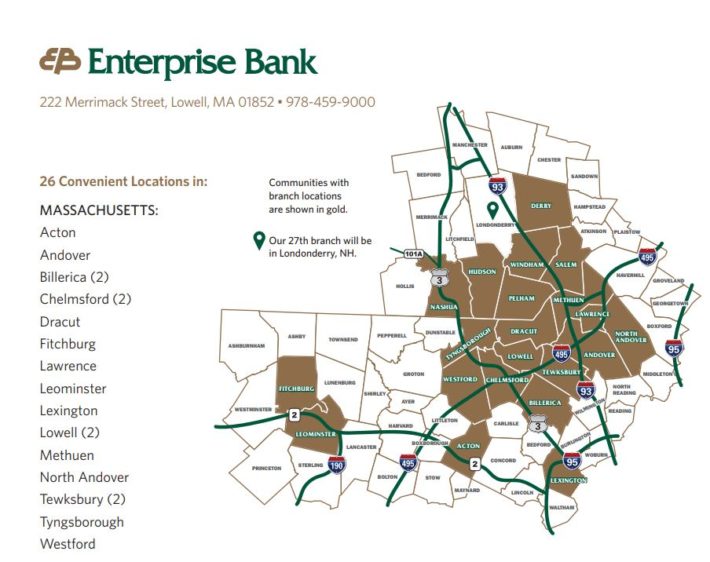Dipankar Sahu, a 34-year-old resident of Balasore, Odisha moved to Surat, Gujarat in 2021 with his family after securing a job as a worker in the textile industry. By leveraging the One Nation One Ration Card (ONORC) initiative, his family was able to claim their foodgrain entitlements under the Pradhan Mantri Garib Kalyan Anna Yojana (PMGKAY) through a Fair Price Shop (FPS) in Surat. He is one of the millions of migrants who have been enabled by ONORC to meet his family’s basic needs.

ONORC has become a lifeline for migrants, especially during critical times. Amid the disruptions caused by the pandemic, ONORC ensured that migrant beneficiaries could receive their monthly foodgrain entitlements at their place of employment, eliminating the need to leave their jobs or worry about food security. Even in cases of migration by a single family member, ONORC provided the option for partial lifting in the destination state, enabling the family back home to avail their ration separately. In fact, during the pandemic period, from April 2020 to December 2022, 91 crore ONORC transactions were recorded, delivering more than 176 lakh metric tonne (LMT) of foodgrain to migrant beneficiaries.
Since its inception as a pilot in four states in August 2019, ONORC has now expanded to all 36 states and Union Territories (UTs), covering over 800 million beneficiaries. This was enabled by a series of technological interventions over the past nine years, including complete digitisation of ration cards, 100% Aadhaar seeding of ration cards, deployment of electronic Point of Sale (ePoS) devices in nearly all 545,000 FPSs, biometric authentication through Aadhaar, and automation of allocation and supply chain processes. Furthermore, a secure central repository was created to house both ration cards and beneficiaries’ data at the central level, facilitating seamless data exchange among states and UTs. As we mark ONORC’s fourth anniversary, its role as a reliable social safety net for migrants becomes evident. With over 1.1 billion portability transactions since its inception, facilitating the distribution of approximately 220 LMT of foodgrain, ONORC’s impact is perceptible. A study by the Asian Development Bank (ADB) in September 2022 confirms this impact, with 86% of migrants reporting the scheme to be beneficial as they did not have to apply for new ration cards in the destination state. This study also notes that migrants saved an average of ₹574 per month on foodgrain expenses through ONORC. Moreover, ONORC’s flexible design, allowing beneficiaries to access their entitlements from any ration shop, has stimulated competition among dealers, leading to higher customer satisfaction and reduced malpractices. ONORC has contributed qualitatively to the goal of food security for all by deftly tackling locational heterogeneity barriers, unequal social relationships, gender biases, and other forms of discrimination.
Currently, nearly 85% of inter-state portability transactions are concentrated in Delhi, Maharashtra and Haryana, warranting awareness campaigns in other regions. The Indian government has recently initiated mass publicity efforts through TV and radio alongwith on-ground awareness campaigns in 15 major cities. Active participation from states and UTs is critical. Awareness generation in areas with high in-migration such as industrial sites and construction zones will help in conveying the benefits and features of ONORC. There remains immense scope to fully harness the power of ONORC in our journey toward food security for all.
Sanjeev Chopra is Union food secretary. The views expressed are personal
Embrace independence with quality journalism
Save on HT + The Economist subscription

















